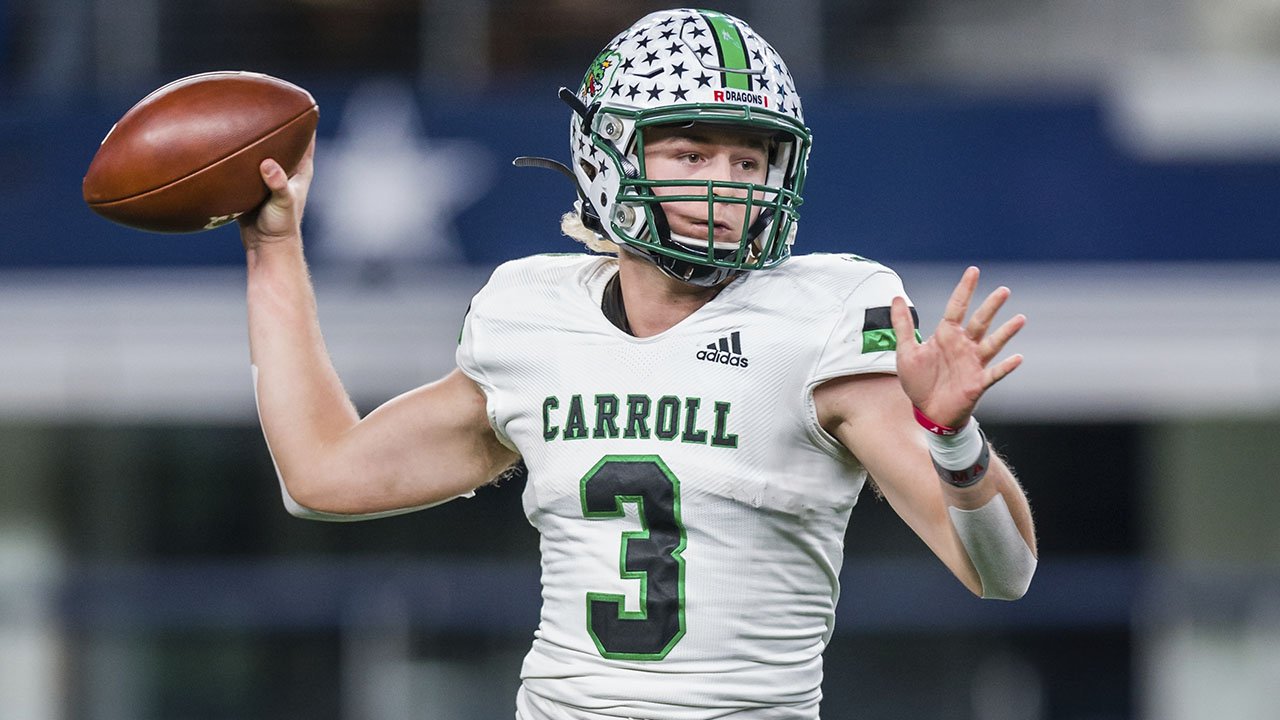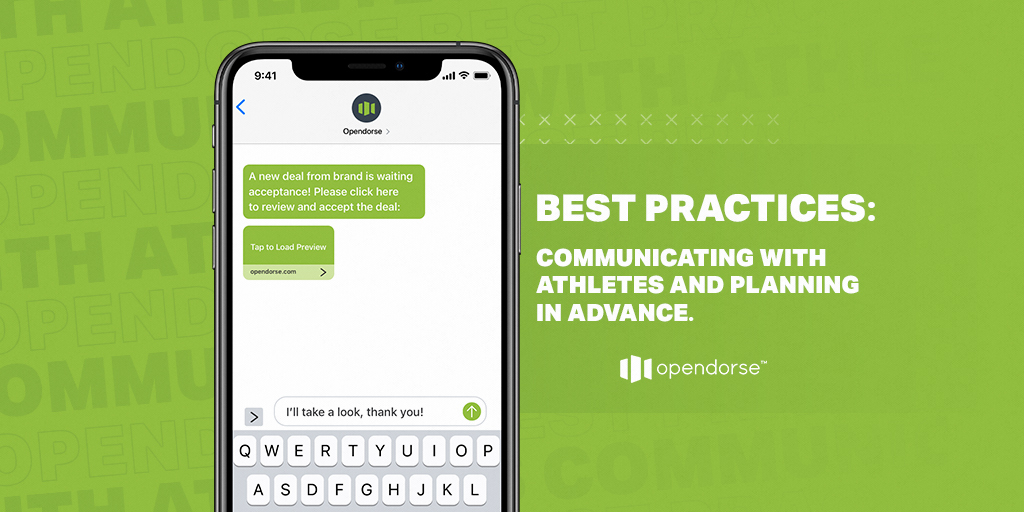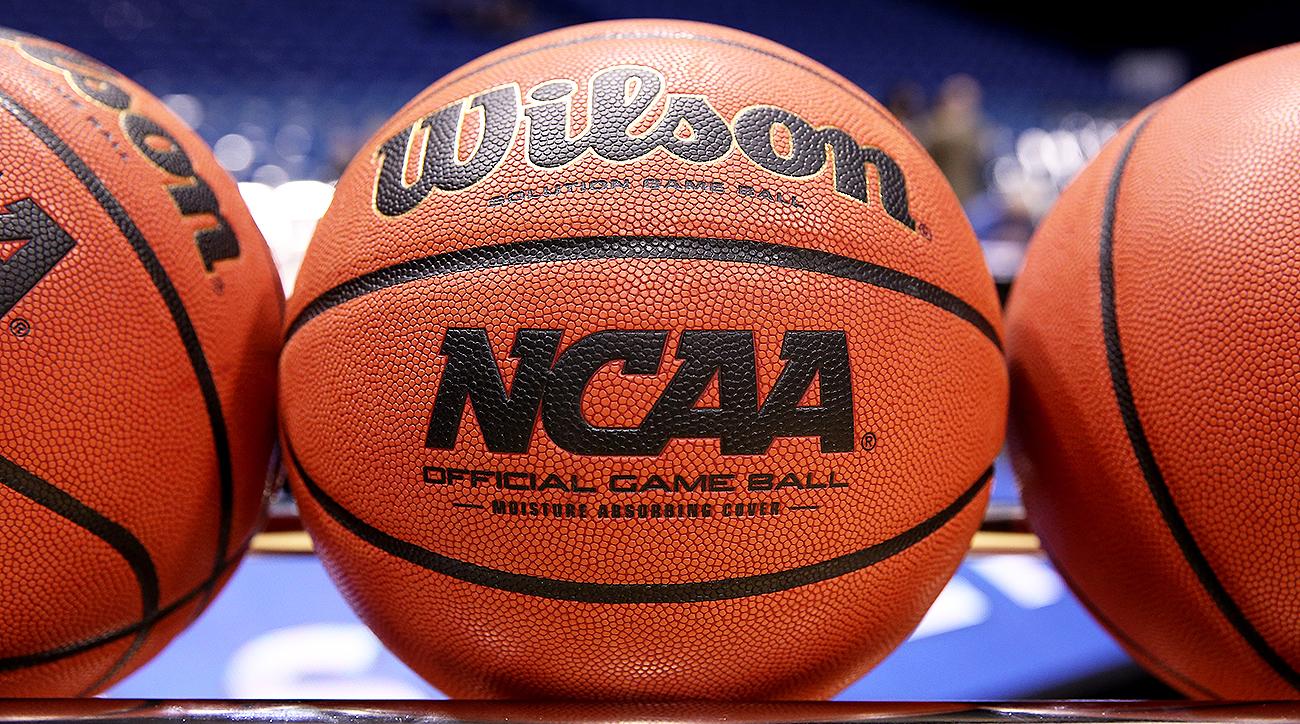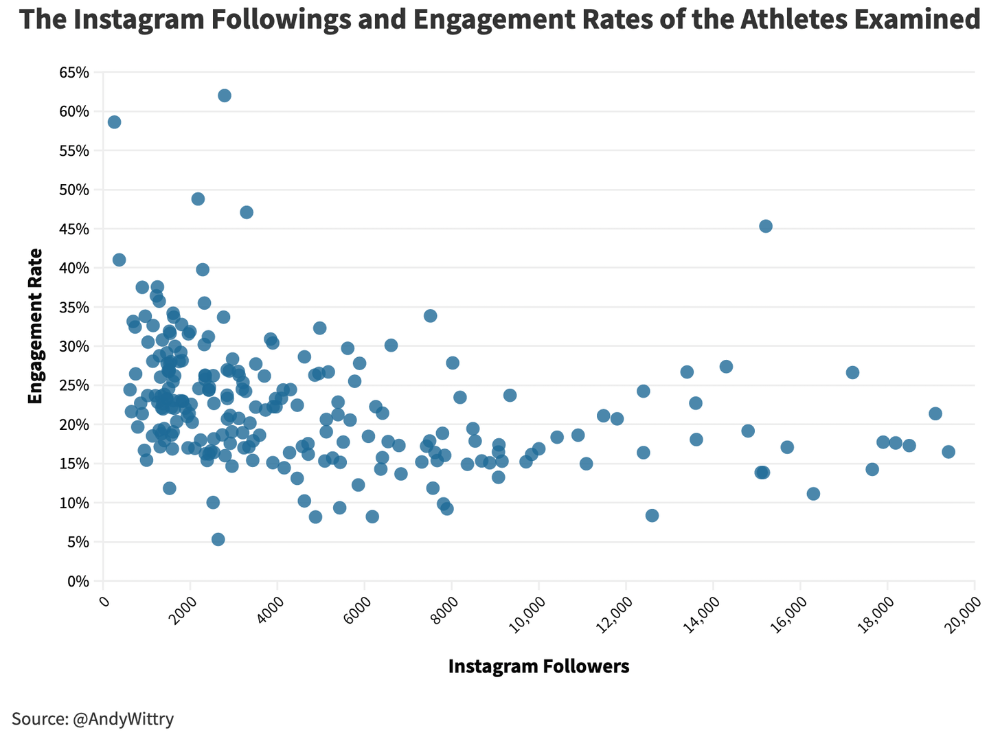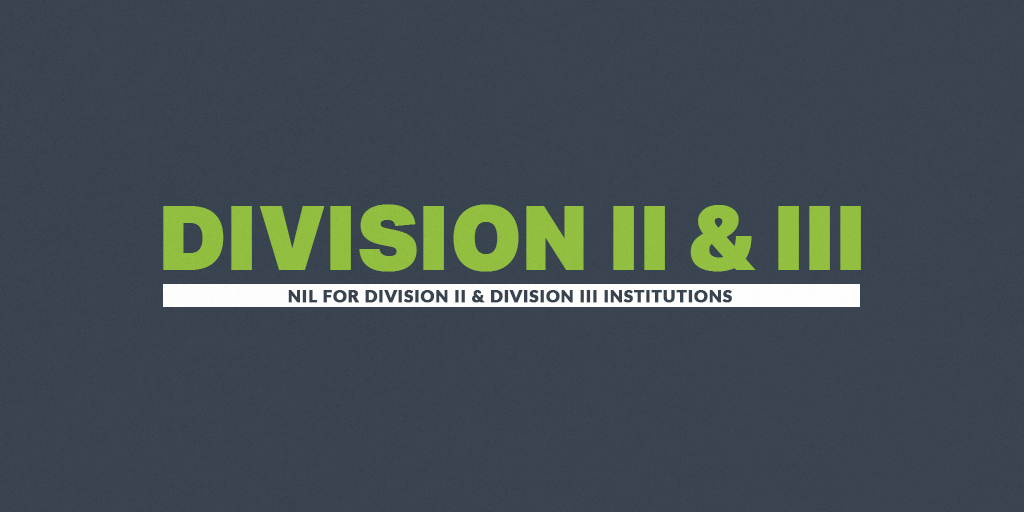Maybe. Video games rely on group licensing deals to negotiate with large groups of athletes for their NIL rights. College sports still do not have unions, which typically negotiate group deals for athletes. While current NCAA restrictions don't expressly prohibit group licensing, it's unclear if future rules might try to prevent those kinds of arrangements. There are some companies that are working to find ways to form group licenses with college athletes without needing a union, and EA Sports has committed to bring back its popular college football video game at some point in the next few years with or without players being directly involved.
EA Sports issued this statement after the new NIL rules went into effect: "We are watching the recent developments regarding student-athlete name, image and likeness very closely. It's still very early stages at this point, and we plan to explore the possibility of including players in EA SPORTS College Football. For now, our development team is focused on working with our partners at CLC to ensure the game authentically showcases the great sport of college football and the more than 100 institutions signed on to be featured in our game."
























